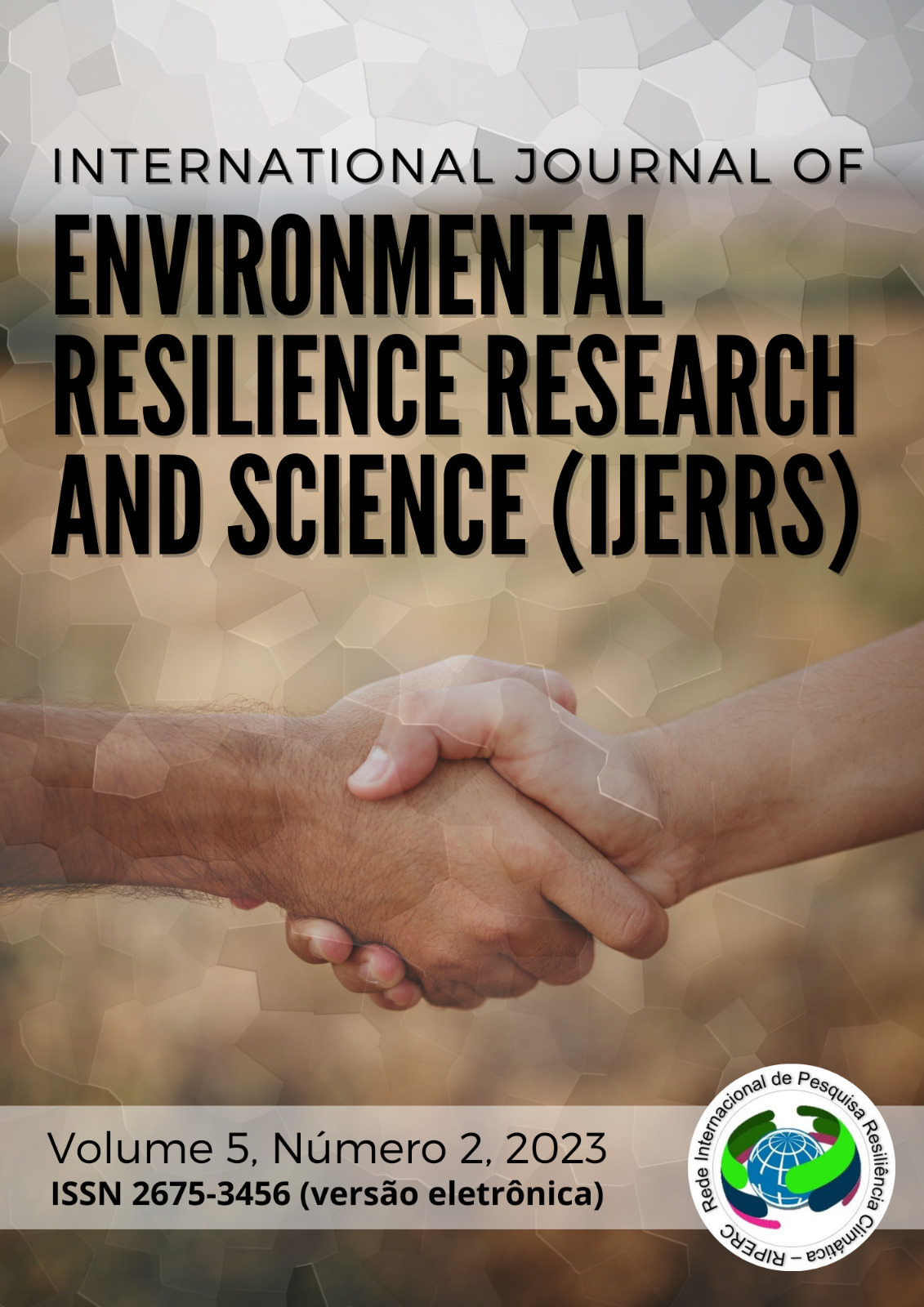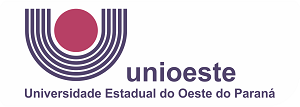CERTIFICATION OF ORGANIC PRODUCTION OF CACHAÇA MATRAGA: A CASE STUDY
DOI:
https://doi.org/10.48075/ijerrs.v5i02.31965Abstract
As the social concern with the environment grows and the consumer seeks the acquisition of more sustainable food products, the certification of organic products proves to be a protagonist. With the intention of analyzing the certification of organic products, a case study was carried out with the cachaça production of the Matraga Alembic, located in the municipality of Planalto/PR. After the initial data survey regarding the production of sugarcane in the state of Paraná, as well as the certification of organic products, the cachaça agribusiness and family agriculture, the questionnaire for data collection was elaborated. The results found from the interview with the owner director of the company showed that this certification makes it possible to reach the international market, that is, the exportation of the products, besides the growth in production, internal sales, job generation and the permanence of the man in the field. There is viability of production of sugarcane in the region that, with the instrument of certification of organic products, despite the high cost of obtaining it, maximizes the commercialization of the product, since it demonstrates the quality that consumers have been looking for, besides generating jobs and strengthening the sugarcane culture in the Southwest region of Paraná.
Downloads
Published
Versions
- 17-02-2024 (2)
- 05-12-2023 (1)
How to Cite
Issue
Section
License
Copyright (c) 2023 International Journal of Environmental Resilience Research and Science

This work is licensed under a Creative Commons Attribution-NonCommercial-ShareAlike 4.0 International License.
Aviso de Direito Autoral Creative Commons
Política para Periódicos de Acesso Livre
Autores que publicam nesta revista concordam com os seguintes termos:
1. Autores mantém os direitos autorais e concedem à revista o direito de primeira publicação, com o trabalho simultaneamente licenciado sob a Licença Creative Commons Attribution que permite o compartilhamento do trabalho com reconhecimento da autoria e publicação inicial nesta revista.2. Autores têm autorização para assumir contratos adicionais separadamente, para distribuição não-exclusiva da versão do trabalho publicada nesta revista (ex.: publicar em repositório institucional ou como capítulo de livro), com reconhecimento de autoria e publicação inicial nesta revista.
3. Autores têm permissão e são estimulados a publicar e distribuir seu trabalho online (ex.: em repositórios institucionais ou na sua página pessoal) a qualquer ponto antes ou durante o processo editorial, já que isso pode gerar alterações produtivas, bem como aumentar o impacto e a citação do trabalho publicado (Veja O Efeito do Acesso Livre).
Licença Creative Commons
Esta obra está licenciada com uma Licença Creative Commons Atribuição-NãoComercial-CompartilhaIgual 4.0 Internacional, o que permite compartilhar, copiar, distribuir, exibir, reproduzir, a totalidade ou partes desde que não tenha objetivo comercial e sejam citados os autores e a fonte.









